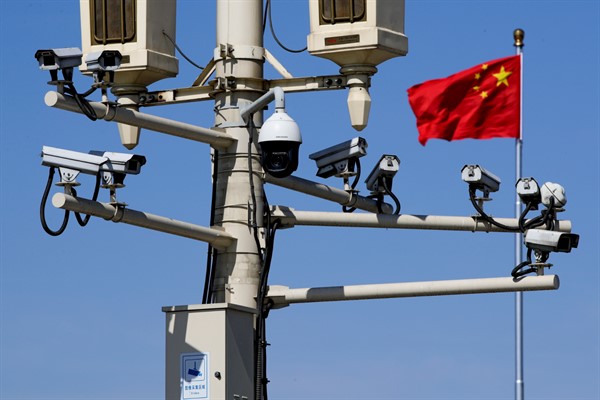This week, the 10th anniversary installment of RightsCon, the annual “human rights meets Silicon Valley” jamboree, will take place, with more than 8,500 participants expected to take part in 500 virtual sessions over five days. Ever since Edward Snowden revealed the U.S. government’s mass surveillance programs, the human rights community has perceived Big Tech and Western governments as the two principal “bad guys” in the global tech landscape. But the rise of China and the advent of a multipolar world will bring new human rights challenges associated with technology, including one the human rights community has yet to focus much attention on: the risks associated with technical standards.
There is always a lot to talk about at RightsCon. Each year, the threat landscape when it comes to digital rights keeps on expanding, leaving human rights defenders with tough choices on what battles to prioritize, from digital content moderation and internet shutdowns to the persecution of journalists and human rights activists. The impact of surveillance by both governments and corporations on the rights to privacy and freedom of expression is an evergreen favorite at RightsCon. After all, there’s plenty of material—and plenty of digital enemies.
This year at RightsCon, the recent decision by the European Court of Human Rights, or ECHR, in a case brought by the British NGO Big Brother Watch against the British government is sure to provoke discussion in the virtual corridors. The judgment is the eagerly anticipated final review of a case brought eight years ago by the digital rights organization in the immediate aftermath of the Snowden revelations, challenging the legality of the British government’s similar mass surveillance and bulk data collection powers.

